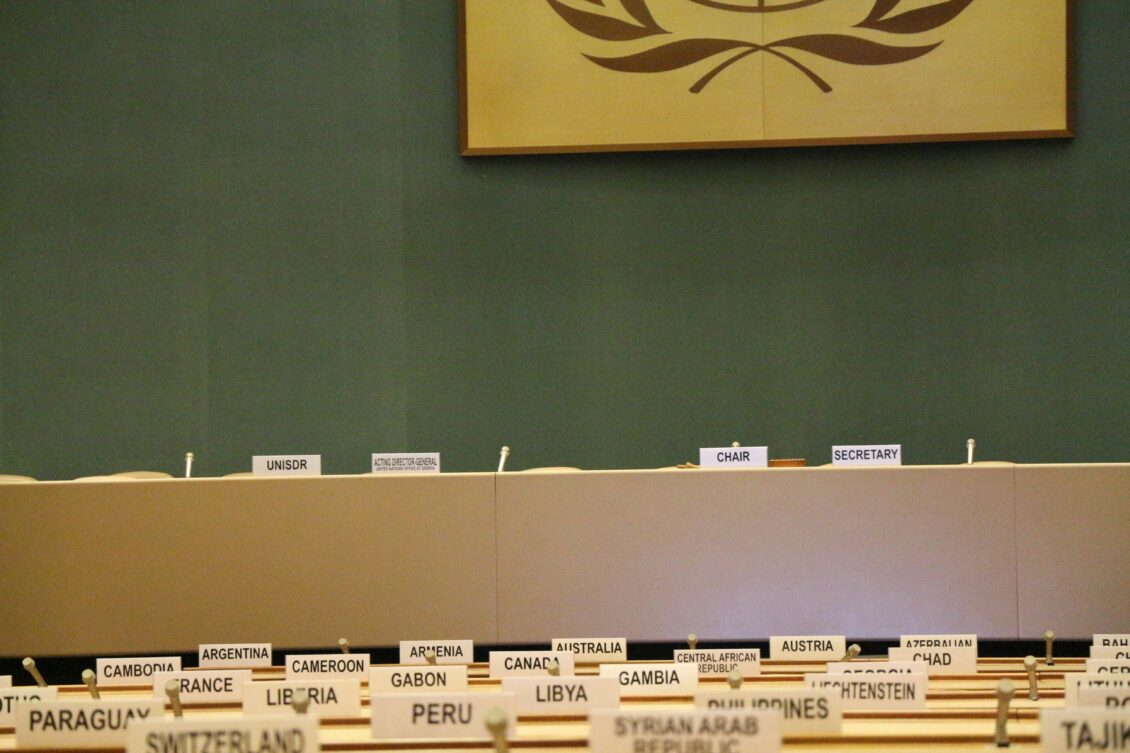By: Jeannie Manipon and Dr. Dereje Alemayehu*
The start of negotiations for a UN Framework Convention on International Tax Cooperation is a decisive moment to reinforce the need for an ambitious and robust agreement. A high level of ambition is what allows governments to rewrite unfair global tax rules: securing fair taxing rights, tackling illicit financial flows, ensuring that multinational corporations and high net-worth individuals pay their share and guaranteeing the mobilization of resources needed to fund sustainable development. It connects international tax reform to the broader fight for equity, human rights, gender justice, and environmental sustainability. Achieving this ambition will require political will, unity among Global South countries, and constant pressure to resist any weakening of the mandate. Civil society is central to this effort, as they have been since the start of the negotiations: bringing expertise, mobilising public support, exposing blockers and ensuring that the process remains anchored in the needs of those most harmed by an unjust tax order. From August 4–15, when UN Member States gather for the first and second negotiation sessions, this ambition must be at the heart of the debate.
Maintain the Ambition
A high level of ambition has brought countries to this historic place: negotiating for the first time the global tax rules on an equal footing. In 2024, the Terms of Reference, the mandate for the UN Tax Convention, was adopted with overwhelming support. Now, countries must maintain the content and spirit of the ambitious mandate which includes commitments on effective taxation of multinational corporations, high net-worth individuals, a fair allocation of taxing rights, addressing illicit financial flows, and tax cooperation for sustainable development. It is only through maintaining this ambitious mandate that we will achieve the structural reforms needed to urgently deliver a fair and effective international tax system. This is not only about abstract, technical tax reforms; it is a political fight that has real implications for peoples’ daily lives.
Continue Global South Leadership
The Africa Group, along with the support of the G77, have led this process, and their continued leadership will increase the success of the process and outcome. Countries must continue to push for a robust Framework Convention that reflects, represents, and responds to the urgent and long-standing needs of peoples and countries of the Global South who have borne the brunt of ineffective global and national tax systems.
Stop the Blockers
The UN Tax Convention is urgently needed to enact the structural changes to deliver on resources to fund live-saving public services, gender equality, human rights, and people-centred development must be addressed. Our colleagues in the Global North must continue calling out the blockers in this process. International solidarity is critical for this process.
Champion Gender Equality
Tax systems are not neutral. Tax policy can increase equality or deepen inequality, both within and between countries. Gender biases and colonial legacies are entrenched in our tax systems. Our current tax systems are propped up on the shoulders of workers, including migrant and informal workers, and women. Progressive, gender-responsive tax systems can, and must, be established to right these wrongs.
In the negotiations for a UN Tax Convention, UN Member States must step up to champion gender equality. At the Fourth Financing for Development (FfD4) Conference in Sevilla, countries committed in the outcome document to “gender-responsive taxation,” as well as other crucial language on progressive tax systems, human rights, and environmental taxation. Now this agreed-upon language must be supported in the legally-binding UN Tax Convention. To the countries around the world who champion gender equality: now is the time to put words into action.
Increase Civil Society Participation
Civil society and the tax justice community representing diverse communities in the Global South and North must have a voice and participate broadly, meaningfully, and substantially in the negotiation process. As those from the tax justice movement alongside allies from the broader economic justice movement, women’s rights organisations, grassroots organisations, human rights advocates, environment and climate justice movement, and trade unions, are part of a broader vision and struggle for systems change.
International tax cooperation is entering a new era. This is a once-in-a-generation opportunity to rewrite global tax rules so they meet the urgent demands of our time: financing climate action, advancing sustainable development, realising human rights, and delivering gender justice. As civil society, we have mobilised since the outset and remain steadfast in our commitment to securing an ambitious and transformative outcome. Now, Member States must rise to the occasion, resist any retreat from the mandate, and deliver the structural changes needed to build a fair, equitable, and sustainable international tax system for all.
*Jeannie Manipon is Co-Coordinator of Tax and Fiscal Justice Asia, a regional member of the Global Alliance for Tax Justice. Dr. Dereje Alemayehu is the Executive Coordinator of the Global Alliance for Tax Justice.
